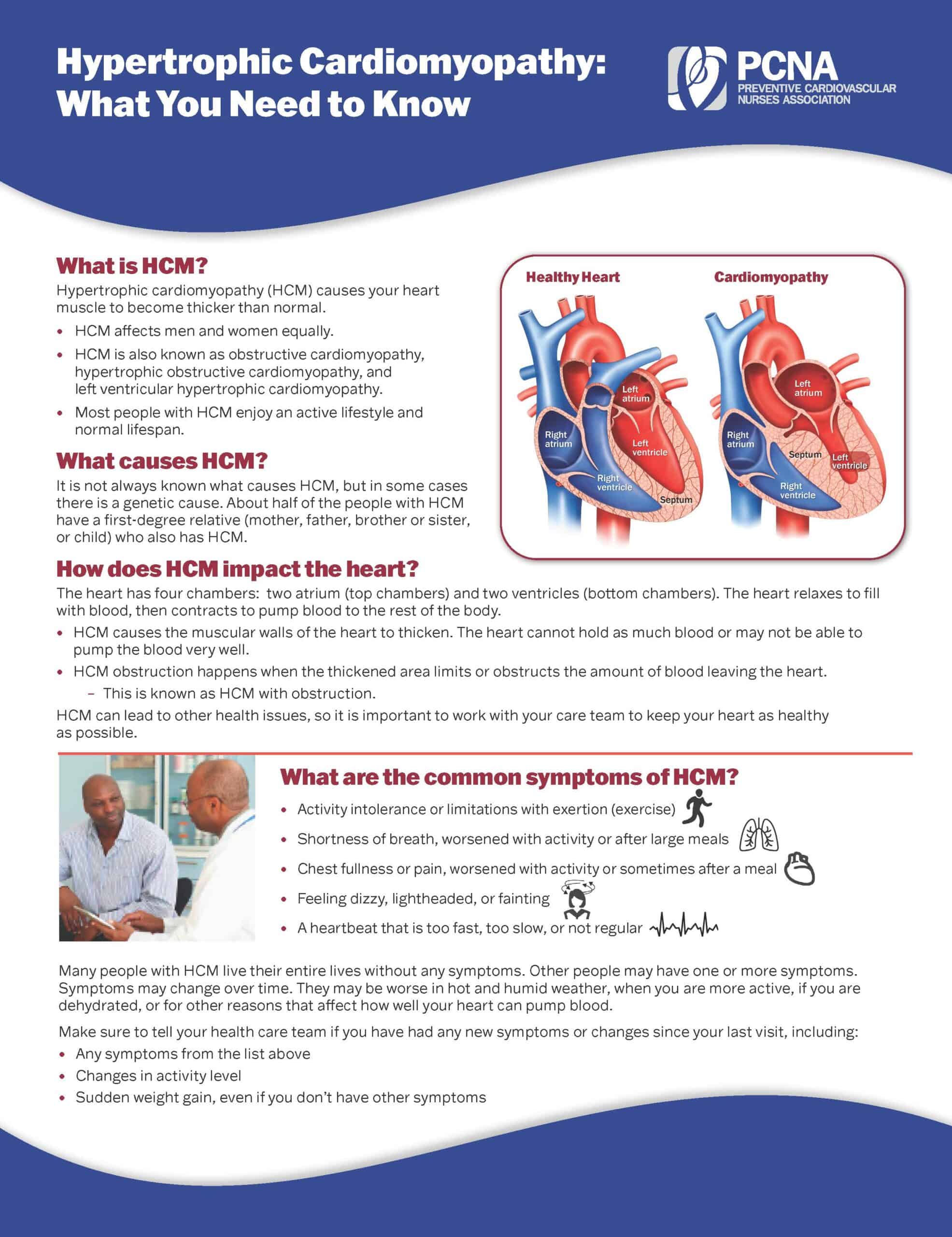Introduction
Embarking on a journey towards healthy eating can seem overwhelming, but with the right guidance, it becomes a rewarding and empowering experience. In this article, we’ll delve into effective healthy eating tips that can unlock your potential for a healthier and happier life.
Understanding the Basics
Before diving into specific tips, it’s crucial to understand the basics of healthy eating. This includes consuming a balanced diet that consists of a variety of nutrient-rich foods, including fruits, vegetables, whole grains, lean proteins, and healthy fats. By focusing on whole, unprocessed foods and minimizing the intake of sugary snacks and processed foods, you set the foundation for a healthier lifestyle.
Prioritize Portion Control
Portion control plays a significant role in maintaining a healthy weight and preventing overeating. It’s essential to be mindful of portion sizes and listen to your body’s hunger and fullness cues. Avoiding oversized portions and using smaller plates can help you manage your portions effectively and prevent overeating.
Embrace Variety
Eating a variety of foods ensures that you get a wide range of nutrients essential for optimal health. Aim to incorporate different colors, textures, and flavors into your meals by experimenting with various fruits, vegetables, whole grains, and proteins. Embracing variety not only makes meals more enjoyable but also ensures that you receive all the nutrients your body needs to thrive.
Stay Hydrated
Drinking an adequate amount of water is essential for overall health and well-being. Water helps maintain proper hydration, aids in digestion, and supports various bodily functions. Make it a habit to drink water throughout the day, and consider incorporating hydrating foods such as fruits and vegetables into your diet.
Mindful Eating Practices
Practicing mindful eating can help you develop a healthier relationship with food and prevent mindless eating. Take the time to savor each bite, chew your food slowly, and pay attention to your body’s hunger and fullness signals. Avoid distractions while eating, such as watching TV or scrolling on your phone, and focus on enjoying the sensory experience of eating.
Limit Processed Foods
Processed foods are often high in unhealthy fats, sugars, and additives, making them less nutritious than whole, unprocessed foods. Limit your intake of processed foods such as fast food, packaged snacks, and sugary beverages, and opt for whole, nutrient-dense alternatives whenever possible.
Practice Meal Planning
Meal planning is a valuable tool for maintaining a healthy diet and saving time and money. Take some time each week to plan your meals, make a grocery list, and prep ingredients in advance. By having healthy meals and snacks readily available, you can avoid resorting to unhealthy options when hunger strikes.
Listen to Your Body
Finally, it’s essential to listen to your body and honor its needs. Pay attention to how different foods make you feel and adjust your diet accordingly. If certain foods cause discomfort or digestive issues, consider eliminating or reducing them from your diet. Trusting your body’s signals and nourishing it with wholesome foods is key to unlocking your potential for optimal health and well-being. Read more about healthy eating advice






